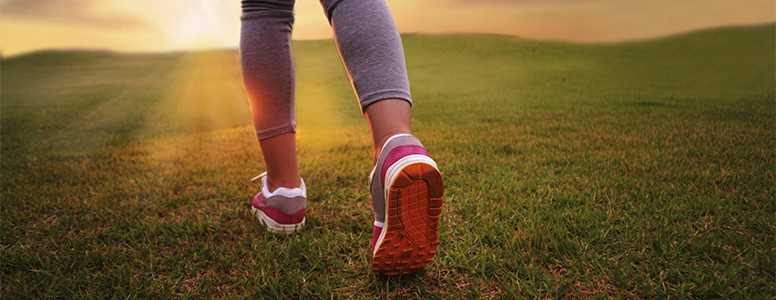Moving every 30 minutes could help you live longer, according to a new US study.
Spending more time moving is known to be useful towards preventing obesity and type 2 diabetes, now Scientists from Columbia University Medical Center (CUMC) in New York City say being active every half an hour could lower the chances of dying too early.
During the trial researchers examined data from nearly 8,000 people aged 45 or older in the United States. The participants’ activity levels were then monitored for an average of four years.
Sedentary behaviour took up an average 77 per cent of the participants’ days, with 12.3 hours spent sitting down per day in a 16-hour waking day.
Over the course of the study, 340 people died, and there was a strong correlation between deaths and longer sitting time. The researchers calculated those who spent at least 13 hours a day sat down and for longer bouts were twice as likely to die prematurely.
Significantly, the lowest risk of premature death was recorded in the people who sat for less than 30 minutes at a time during the day.
Study co-author Dr Monika Safford said: “This study adds to the growing literature on how dangerous long periods of sitting are for our health and underscores a growing awareness among clinicians and researchers that sitting really is the new smoking.”
Lead investigator Dr Keith Diaz added: “So if you have a job or lifestyle where you have to sit for prolonged periods of time, we suggest taking a movement break every half hour. This one behaviour change could reduce your risk of death, although we don’t yet know precisely how much activity is optimal.”
The findings of the study have been published in the Annals of Internal Medicine.
Getting regular physical activity is essential in staving off health complication but only alongside a healthy diet. The Low Carb Program is an effective means of eating real, natural foods and has been shown to prevent prediabetes turning into type 2 diabetes.
What's new on the forum? ⭐️
Get our free newsletters
Stay up to date with the latest news, research and breakthroughs.





